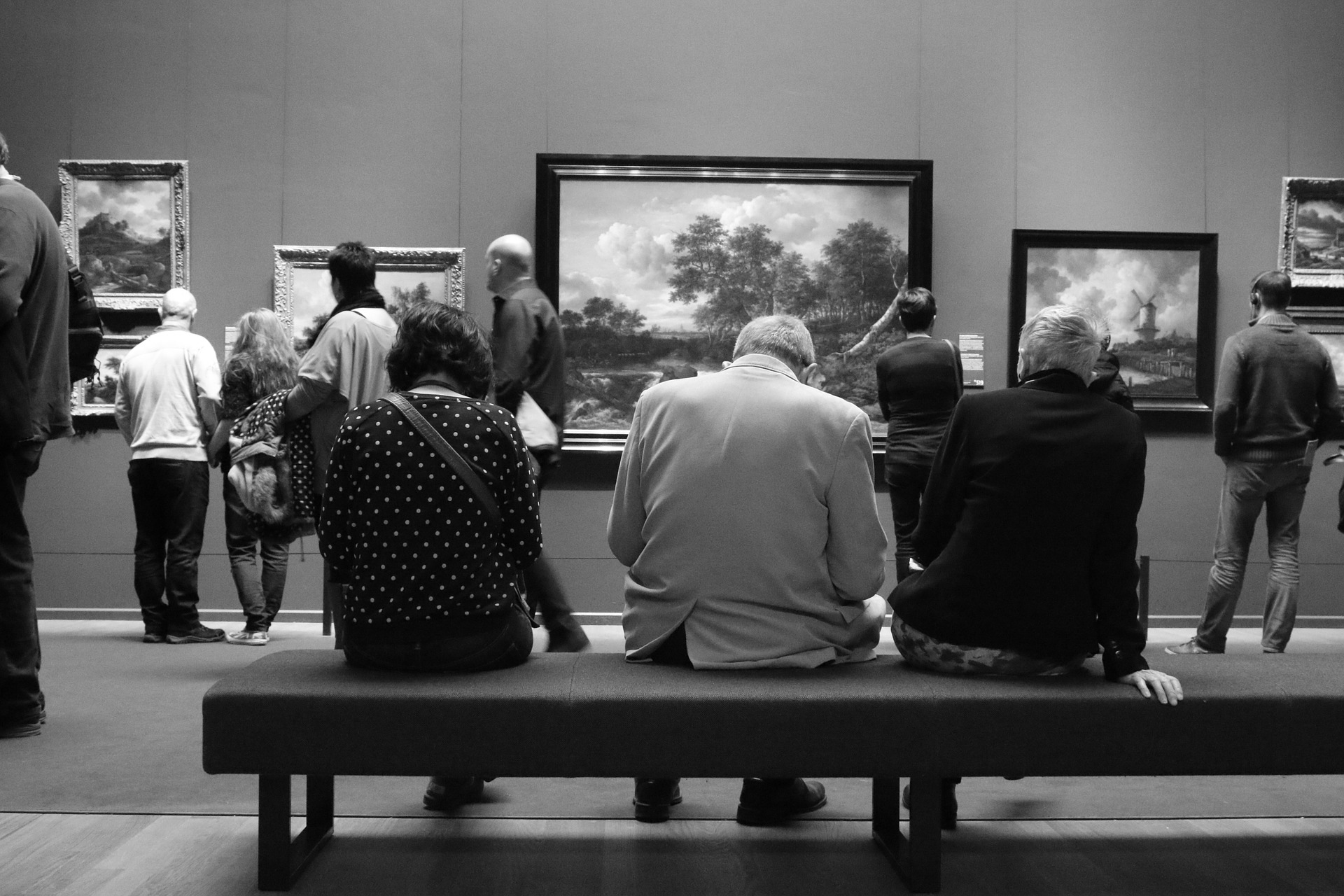Museums needs to find new ways to appeal to the local community to survive times of crisis, according to a panel discussion hosted by UNStudio and featuring international experts from the cultural sector.
UNStudio held its first virtual panel for its ‘Essential Futures’ discussion series on June 30, inviting five esteemed industry experts to share their views on how museums can adapt to sustain themselves during times of crises.
“[Museums now] really have an existential issue, because everything has turned around with museums having to rely on locals instead of tourists,” said Frans van der Avert, Director of the Paleis Soestdijk.
He stressed that for these cultural institutions, it means dramatically changing their offering of exhibitions.
“When you aim to get more returning visitors from your local area, they want to revisit because there’s something new, whereas visitors from abroad want to see the permanent exhibitions. But many museums don’t have the funds to keep creating new exhibitions,” he said.
Errol van de Werdt, director and CEO of the TextielMuseum in the southern Dutch city of Tilburg, agreed that the pandemic has highlighted the importance of local visitors.
“We are really aware that due to covid, we have to go outside of the museum. One way in the digital field and in the other way also to go into the community. Because if we learned one thing [during this crisis], the local community is of big importance in times like this.”
Creative Director of Lumsden Design Callum Lumsden also stressed the need to “look outside your window” and to become part of the local community.
With many museums having turned to offering digital experiences during the global lockdown, whether it’s possible to monetise these remains questionable.
“I don’t see how we can replace the monetisation that comes from visitors. People are so used to finding things for free on the internet, so people think that a digitalised museum should be free as well,” Paul Alezraa, Founder and Director of Avesta Group explained.
For van der Avert, a digital-only experience can never replace the physical experience of visiting a museum.
“Of course you can make a digital museum, but…. the fact is when you’re looking at a painting from the 17th century or a statue, the ‘shock of the real’ has to be leading,” he said.
With the aim to find ways to draw visitors back into museums, van de Werdt believes “you have to make an exciting space where you have experiences, escape rooms, exhibitions, conventions, symposiums and education programmes.”
Adding to this point, Gerard Loozekoot, Partner and Senior Architect at UNStudio, stressed that creative solutions are needed, but from the buildings themselves as well.
“A space needs to be flexible enough to do something else if what it’s currently doing isn’t working,” he said.
During the corona pandemic, museums globally suffered dramatic incomes losses due to lockdown restrictions.
In a survey of primarily European museums, the Network of European Museum Organizations found that many institutions reported losses of 75-80% of their incomes.
More 'Essential Futures' panels will be held throughout the year, with dates to be confirmed.


News - 8 July 2020